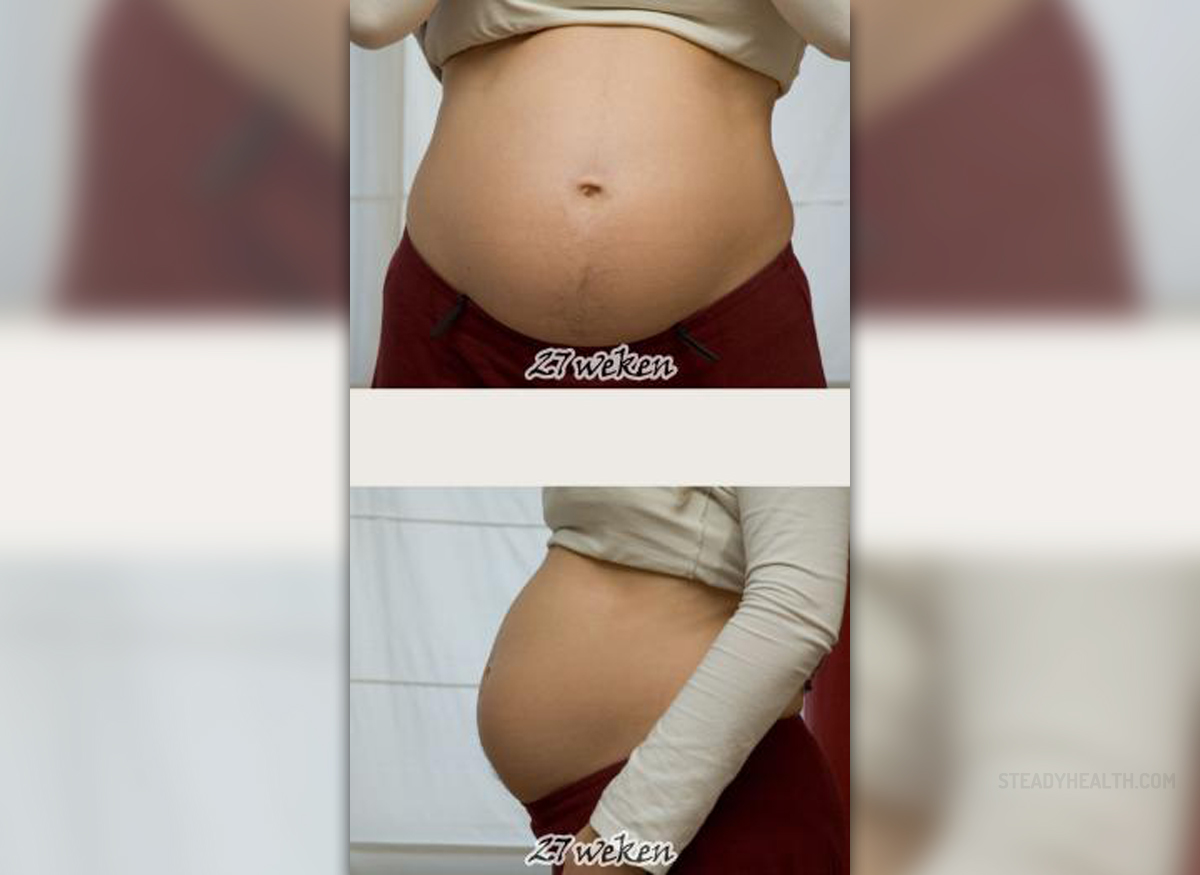
Pregnancy and dehydration
Although pregnancy is one of the most exciting experiences in a woman’s life, it brings many discomforts and problems. The expecting mother is now responsible for the health of the baby, as well as for her own health. Due to the hormonal changes, the pregnant woman experiences many physical and emotional changes. One of the problems that a pregnant woman has to cope with is dehydration, which is excessive loss of water and fluids in the body that might cause very serious complications. Dehydration during pregnancy affects the child inside the womb and may cause unexpected miscarriage.
This condition usually occurs in the first three months of the pregnancy when the morning sickness is present. Nausea, vomiting and loss of appetite usually accompany dehydration. Thus, the pregnant woman loses the essential nutrients, vitamins and fluids, which are vital for her own health but also for the baby's. Sometimes, dehydration might lead to the reduction of the amount of amniotic fluid in the body, which further causes the baby to lie against the uterus instead of floating in the amniotic fluid. When this happens, the baby might develop deformed arms, legs or feet.
If dehydration happens later in pregnancy, it usually causes premature delivery since the blood flow is decreased and the level of oxytocin (the hormone responsible for contractions) rises. Dehydration may also lead to the occurrence of high body temperature, which further causes exhaustion and muscle cramping.
Symptoms of dehydration during pregnancy
Dehydration during pregnancy has its characteristic warning signs, which should not be ignored. The first symptom is the thirst. It is recommended that every pregnant woman should drink a glass of water every hour. Another symptom is low blood pressure or hypotension, which further causes headaches, vertigo and dizziness. The pregnant women who suffer from dehydration might also experience, dry mouth, nose and chipped lips, as well as weakness, nausea and vomiting. Furthermore, dark yellow foul smelling urine or inability to urinate might also appear when this condition occurs. Other symptoms of dehydration during pregnancy include skin disorders like dry skin, which loses its elasticity.
Prevention of dehydration during pregnancy
In order to prevent the occurrence of dehydration, every pregnant woman should increase the intake of water and other liquids, except coffee, sodas and processed juices. It is recommended that the daily intake of water should be at least 8 glasses of water. However, if a pregnant woman exercises, travels or spends much time exposed to sun, this intake should be increased.
















Your thoughts on this
Loading...